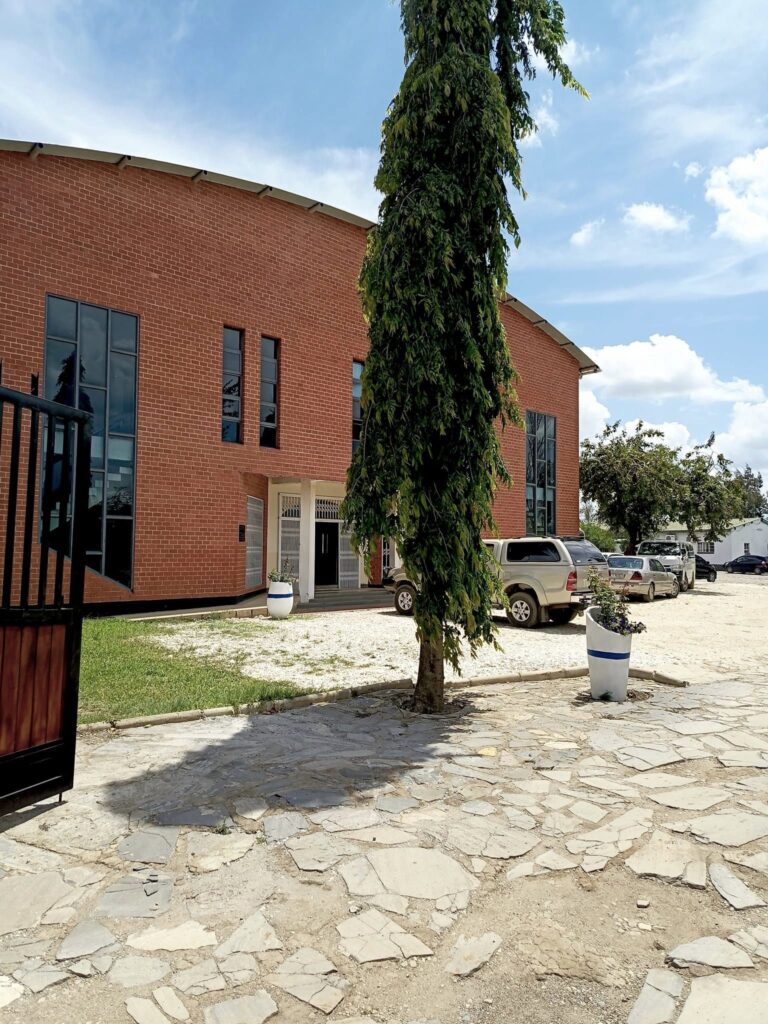History

The Beginnings
The Zambian Open University (ZAOU) was the first private university to operate in Zambia. In February 2002, six founding members, working with other colleagues from the University of Zambia, mooted the idea of establishing the University to meet the demand for higher education that had arisen in the country. At the time, there were only two public universities in the country: The University of Zambia and Copperbelt University.
Government was increasingly demanding for higher qualifications from its employees, particularly in the teaching sector. The founders learnt that there were more than 32,000 and 7,000 Primary and Secondary school teachers, respectively, with certificate and diploma qualifications who needed upgrading to university qualification. It was quickly realized that such demand could not be met through traditional methods (face-to-face) of teacher education. Education could be brought to their doorsteps through new, flexible methods and approaches. To this effect, the founders conceived and settled on an ‘Open University’ concept.
In November 2002, ZAOU was registered as a private company under the Companies Act No. 26 of 1998. In December 2004, ZAOU was registered with the then Ministry of Education, thus heralding the birth of the first private, open university in Zambia. ZAOU’s first 369 students were enrolled in January, 2005, in the School of Education and the School of Social Sciences and Law. On 25th March, 2005 the University was formally launched by the late Republican President Mr. Levy Patrick Mwanawasa.
Transformation
The number of students at ZAOU quickly grew and this necessitated expansion of the faculty. Quite early in its life, ZAOU established the School of Graduate Studies in 2007 due to high demand for postgraduate training, with top professors at the helm of supervising postgraduate students. At undergraduate level, both the School of Education and School of Social Sciences and Law attracted high numbers of students. To this effect, in 2010, the School of Social Sciences and Law was split into two schools, namely School of Humanities and Social Sciences and School of Law. Later on, the School of Agricultural Sciences and the School of Business Studies were, respectively, introduced in 2010 and 2012. However, it was not until 2014 that both schools admitted their first students. Thus, ZAOU was transformed into a fully-fledged university offering programmes under the modes of distance education and open learning. Over 50 programmes have been developed since the establishment of the University. The University has also transformed into offering full-time classes, and infrastructure is currently being developed. The Higher Education Authority (HEA), a body that regulates higher education in Zambia, has accredited the ZAOU programmes and has classified the University in the highest category of the Zambia Qualifications Framework.
International Recognition
Given its high standing both locally and internationally, ZAOU has been admitted to a number of international bodies, including, Association of Commonwealth Universities (ACU), Association of African Universities (AAU), African Council for Distance Education (ACDE), Distance Education Association of Southern Africa (DEASA) and Southern African Regional Universities Association (SARUA).
Looking to the Future
ZAOU is introducing programmes in Nursing and Health Sciences in order to contribute to filling the skills gap in this area. Rather than training health workers in general skills, ZAOU is developing unique programmes that focus on specialized training. This will enhance employability of the ZAOU graduates. ZAOU is also embarking on high level infrastructure development.
EVENTS
Upcoming Events
-
Jul
31- BY admin
- Timetable Announcement
FINAL TIMETABLE FOR 26TH AUGUST 2024 GRADUATE STUDIES AND RESEARCH RESIDENTIAL SCHOOL
-
Aug
16

